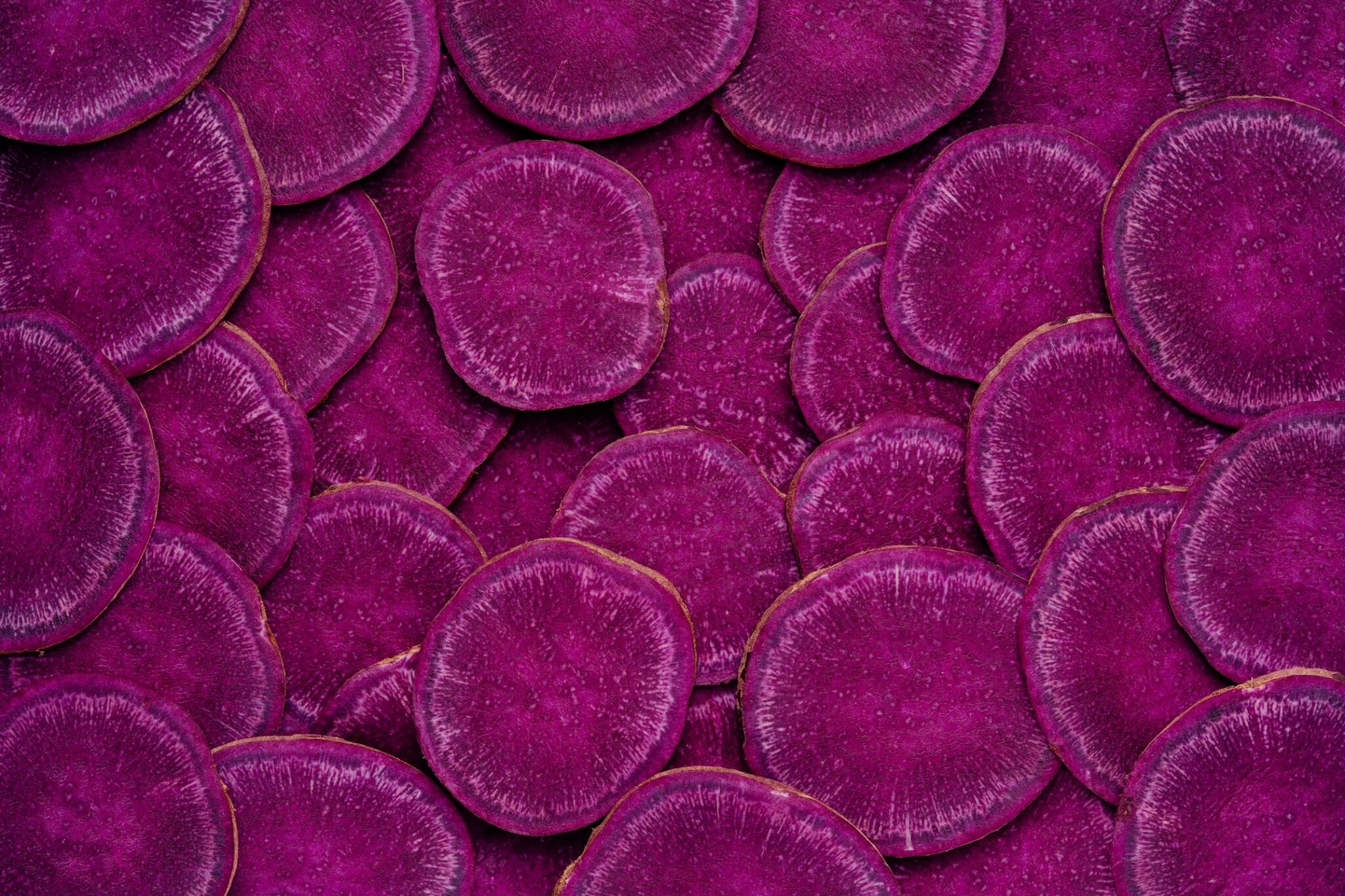In the quest for optimal health, it’s important to explore the potential benefits of incorporating nutrient-rich foods into our daily diet. One such food that has been gaining attention in recent years is beets. These vibrant root vegetables offer a plethora of advantages that can positively impact our overall well-being. From improving cardiovascular health to enhancing athletic performance and reducing inflammation, the benefits of consuming beets daily are truly remarkable.
In this article, we will delve into the science behind these benefits and explore the various ways in which beets can be enjoyed. Whether you prefer them raw, cooked, or juiced, there are countless delicious recipes to try.
So, join us on this journey of discovery as we uncover the surprising benefits of eating beets daily and unlock the potential for a healthier, more vibrant life.
Key Takeaways
- Drinking a moderate amount of beet juice is probably safe for most people, but those with certain disorders or on certain medications may need to watch their potassium intakes.
- Beeturia, the urine turning pink or red after consuming beets, is considered normal in about 10-14% of people, but it can also be a sign of anemia or an allergy to beetroot.
- Beets can lower blood pressure due to their natural nitrates, but it is recommended to consult with a healthcare professional if you have high blood pressure and are considering incorporating beets into your diet.
- Beets can improve endurance and athletic performance, especially beetroot juice, which enhances blood and oxygen flow. However, more research is needed to understand the effects on different sports, exercise intensities, and genders.
Safety and Considerations
Several safety considerations should be taken into account when incorporating beets into your daily diet. According to the National Institutes of Health (NIH), drinking a moderate amount of beet juice is generally safe for most individuals. However, certain groups of people may need to exercise caution.
Those with specific disorders or on certain medications, such as chronic kidney disease, type 1 diabetes, congestive heart failure, adrenal insufficiency, liver disease, or on ACE inhibitors and potassium-sparing diuretics, should consult their healthcare practitioner before increasing their beet intake.
Additionally, individuals prone to gout should limit their consumption due to the high oxalate content in beets. It is also important to note that the presence of beeturia, the discoloration of urine after consuming beets, is considered normal for some individuals but may be a sign of anemia or an allergy.
If any concerns or symptoms arise, it is recommended to seek medical advice.
Blood Pressure
How can incorporating beets into your daily diet affect your blood pressure? Here are three ways:
- Nitric Oxide Production: Beets contain natural nitrates that are converted to nitric oxide in the body. Nitric oxide acts as a vasodilator, which helps to relax and widen blood vessels. This dilation improves blood flow and lowers blood pressure.
- Hypertension Management: Studies suggest that beet juice is particularly effective in lowering blood pressure, especially in individuals with untreated hypertension. The nitric oxide produced from beet consumption can have a significant impact on reducing high blood pressure levels.
- Medication Interaction: It’s important to consult with a healthcare professional if you have high blood pressure and are considering incorporating beets into your diet. This is because the effects on blood pressure may vary depending on factors such as concentration and individual medication usage. A healthcare practitioner can provide guidance on how beets can be safely integrated into your blood pressure management plan.
Athletic Performance
Beets, when incorporated into an athlete’s daily diet, have been shown to enhance athletic performance through their ability to improve endurance and optimize oxygen utilization during exercise. The nitrates present in beets convert to nitric oxide, acting as a vasodilator and enhancing blood and oxygen flow. This means that consuming beetroot juice or sliced beets before long runs or rides during training can potentially improve an athlete’s performance.
However, it’s important to note that more research is needed to understand the effects of beets on different sports, exercise intensities, and genders. While the current evidence is promising, it’s always best to consult with a healthcare professional or sports nutritionist before making any significant changes to your diet.
Incorporating beets into an athlete’s daily routine can be a simple and delicious way to boost performance. Whether it’s adding grated beets to salads, roasting them for a flavorful side dish, or blending them into a refreshing smoothie, there are endless possibilities to explore.
Inflammation
In the realm of health and wellness, one of the notable benefits associated with the regular consumption of beets is their ability to combat inflammation. Beets are rich in betalains, antioxidants that fight inflammation and reduce the risk of chronic diseases like heart disease and cancer.
Here are three ways in which beets can help alleviate inflammation:
- Liver and Kidney Health: Beets have been found to decrease inflammation in the liver and kidneys, promoting their optimal functioning. This can enhance detoxification processes and support overall organ health.
- Anti-Inflammatory Properties: Betalains in beets have been shown to decrease inflammation throughout the body. By combating inflammation, beets can help reduce the risk of chronic diseases and improve overall well-being.
- Enhanced Detoxification: The anti-inflammatory properties of beets also aid in the body’s detoxification processes. By reducing inflammation, beets support the removal of toxins and waste products, promoting a healthier internal environment.
Incorporating beets into your diet in moderation can provide these anti-inflammatory benefits and contribute to your overall health and well-being.
Healthy Ways to Eat Beets
To incorporate beets into your diet in a healthy way, consider exploring various methods of preparation and cooking.
Beets can be enjoyed raw, cooked, or juiced, offering a range of flavors and textures. Raw beets can be grated and added to salads or slaws, providing a crunchy and vibrant addition.
Roasting beets brings out their natural sweetness and enhances their flavor, making them a delicious side dish or salad topping.
For a refreshing drink, try blending beets into smoothies or juicing them.
Additionally, beet leaves, also known as beet greens, offer their own health benefits and can be consumed.
Popular beet preparations include beet chips and pickled beets, although it’s important to ensure that pickled beets are not excessively loaded with salt and sugar.

